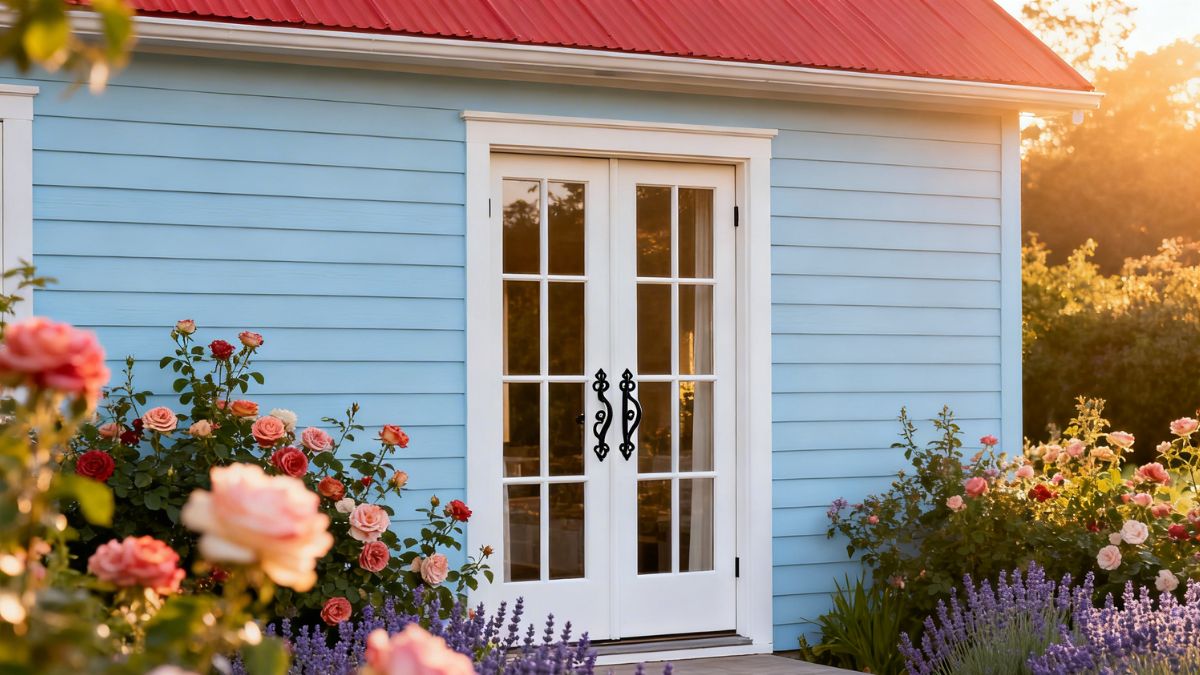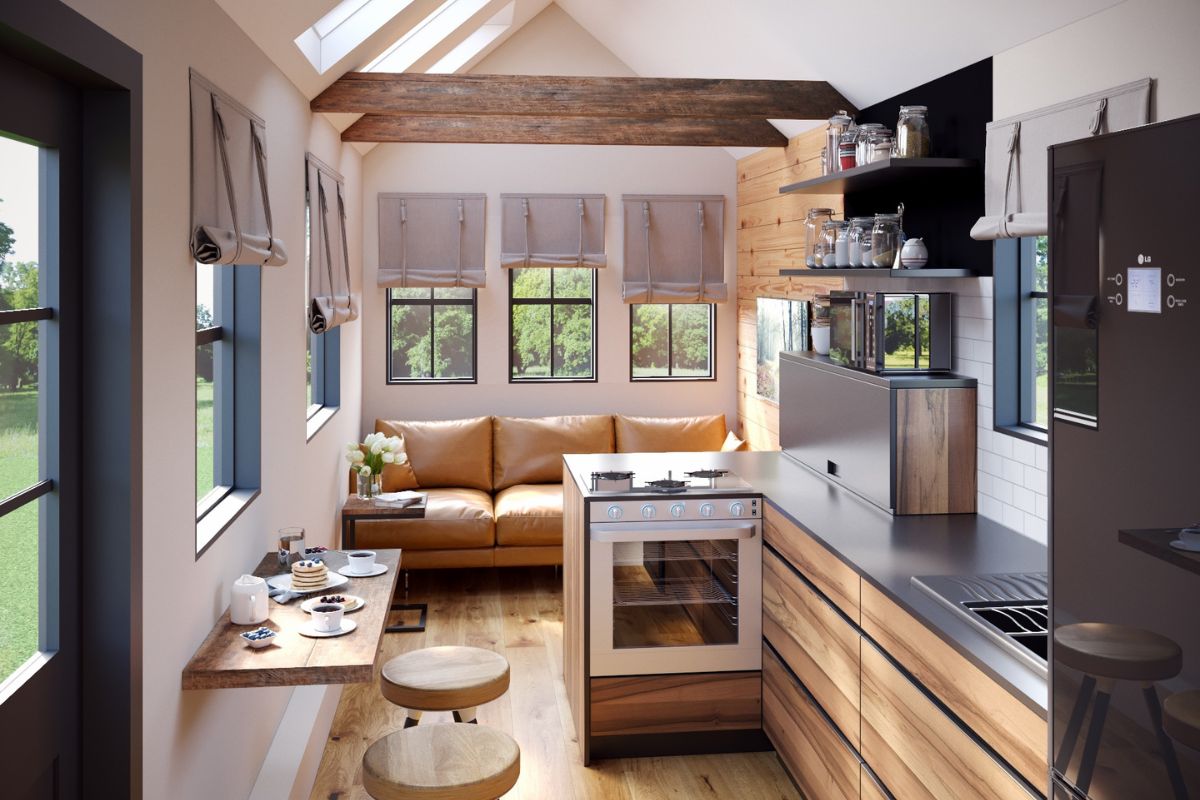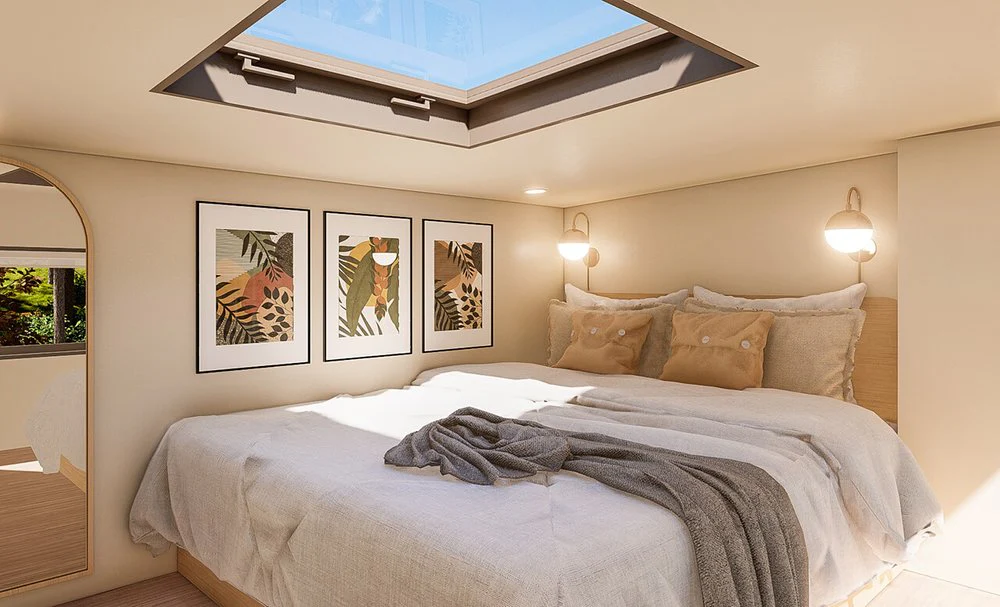Budget-Friendly Tent Living

Photo b yChris Schog on Unsplash
The living costs nowadays are increasing and this has become a problem for some individuals and even families. There are other affordable and eco-friendly alternatives to combat the increasing expenses that come with traditional living.
Tent living has allowed individuals to reconnect with nature while reducing their expenses. As you explore creating affordable tiny home communities, learn about some tips for maximizing your budget with living in a tent.
- Living in a tent offers financial freedom.
- Choosing a durable and well-ventilated tent is crucial.
- Proper budgeting and ongoing expense management is a must.
- Always maintain an emergency fund.
- Opt for sustainable practices.
Benefits of Living in a Tent
These are some of the benefits that you can get if you consider living in a tent even if it is for a short or long period of time.
Financial Freedom
The most compelling reason to consider tent living is the financial freedom it offers. With skyrocketing housing costs in many cities, paying rent or a mortgage can be a significant financial burden. Living in a tent eliminates these expenses, allowing individuals to redirect their funds toward other priorities, such as debt reduction, savings, or investments.
Connection with Nature
Tent living provides an unparalleled connection with nature. The ability to wake up to the sounds of birds singing, the rustle of leaves, or the gentle patter of rain on the tent's fabric is a privilege that few city dwellers experience. Nature's proximity not only enhances your well-being but also reduces stress and improves mental health.
Minimal Environmental Impact
Choosing tent living over traditional housing significantly reduces your environmental footprint. Tents require fewer resources to construct and maintain, and their temporary nature leaves a smaller lasting impact on the environment. Additionally, you'll consume fewer resources and generate less waste, contributing to a more sustainable way of life.
Choosing the Right Tent
To make sure that you are not creating more expenses when living in a tent, you need to ensure that your tent will be durable and appropriate for the area you live in so that your expenses won’t increase because of the damages that can render your tent uninhabitable.
Size and Type
When selecting a tent for budget living, consider your specific needs. Tents come in various sizes and designs, including one-person, family-sized, dome tents, and more. Your choice should depend on the number of people who will be living in the tent and the environment in which you'll be living.
Durability
Durability is crucial when living in a tent long-term. Choose a high-quality tent that can withstand various weather conditions, from heavy rain to strong winds. Investing in a durable tent upfront will save you money in the long run, as it won't need frequent replacements or repairs. This would make your home maintenance costs lower if you choose a durable tent.
Ventilation
Proper ventilation is essential to prevent condensation and mold inside your tent. Look for tents with adequate ventilation options, such as mesh windows or roof vents, to ensure a comfortable and healthy living environment.
Budgeting for Living in a Tent
As you prepare for your tent lifestyle, here are some costs that you need to consider so you can create the perfect plan.
Initial Costs
While tent living can be budget-friendly, there are initial expenses to consider, such as purchasing a tent, camping gear, and possibly a campsite. These upfront costs can vary widely, so it's essential to create a budget and stick to it.
Ongoing Expenses
Although your ongoing living expenses will be significantly reduced, there are still some costs to consider. These might include food, fuel, and camping fees if you choose to stay in campgrounds. To make your budget stretch further, explore options like foraging, gardening, or trading goods and services with the local community. Keep in mind that you need to set aside a budget for your home maintenance to keep your home safe and secure.
Emergency Fund
This type of lifestyle exposes you to the elements, which means you should have an emergency fund for unexpected expenses, like equipment repairs or healthcare. Maintaining a financial safety net is essential to ensure your well-being while living outdoors.

Essential Gear and Supplies
To save up on your budget, invest in high quality gear for its long term life and use.
Sleeping Gear
Invest in a high-quality sleeping bag, sleeping pad, and comfortable pillows. These items are crucial for a good night's rest and overall well-being.
Cooking Equipment
Portable cooking equipment, such as a camp stove, cookware, and utensils, will allow you to prepare meals efficiently. Cooking your food can save a significant amount of money compared to eating out.
Clothing and Footwear
Living in a tent means exposure to the elements, so having the right clothing and footwear is essential. Make sure to have weather-appropriate clothing, rain gear, and sturdy, comfortable shoes or boots.
Finding the Perfect Location
Research on the area that you plan on putting up your tent and determine if it is appropriate for your budget and your needs.
Campgrounds
Campgrounds are an excellent option for those new to tent living. They offer amenities like restrooms, showers, and sometimes even laundry facilities. However, they come with associated fees, so it's crucial to research and budget for these costs.
Public Lands
Many countries have vast public lands where you can legally camp for free or a minimal fee. These areas often provide the freedom to choose your campsite and live closer to untouched natural beauty.
Private Land
Consider seeking permission from private landowners to camp on their property. Some may allow you to camp in exchange for services like property maintenance or assistance with chores.
Living Sustainably
Remember to minimize your ecological footprint as much as possible.
Reduce, Reuse, Recycle
Living in a tent naturally encourages a minimalist lifestyle. Embrace the principles of reducing waste, reusing items, and recycling whenever possible to minimize your impact on the environment.
Solar Power
Invest in a portable solar power system to charge devices and power small appliances. This sustainable energy source can help you live more comfortably and affordably. To learn if switching to a solar power system is for you, know about the pros and cons of solar energy.
Water Management
Conserve water by collecting rainwater, using a portable water filter, and minimizing water wastage when cooking and cleaning. These practices will help you reduce your reliance on conventional water sources.

Challenges and Solutions
To be prepared, look at some challenges that might affect you when you are living in a tent.
Extreme Weather
Living in a tent exposes you to the elements, making you susceptible to extreme weather conditions. Prepare for these challenges by investing in appropriate gear and clothing to stay warm in winter and cool in summer.
Security
Maintaining your safety while living in a tent is crucial. Use common-sense security measures, such as locking your tent when you're away and camping in safe areas with low crime rates.
Personal Well-Being
This type of lifestyle can be an adjustment, and it's important to address your emotional and mental well-being. Stay connected with friends and family, seek out support from like-minded individuals, and engage in activities that bring you joy.
Legal and Ethical Considerations
Before embarking on your tent-living journey, it's essential to understand the legal and ethical aspects of living outdoors. Research local laws and regulations regarding camping on public and private land, and always practice Leave No Trace principles to minimize your impact on the environment.
Conclusion
Tent living on a budget is an adventure that offers financial freedom, a deeper connection with nature, and a smaller environmental footprint. By choosing the right tent, budgeting wisely, and acquiring essential gear and skills, you can embrace this lifestyle while addressing the challenges it presents. Remember that living in a tent is a personal journey, and there's no one-size-fits-all approach. With proper planning and a commitment to sustainability, you can embark on a great adventure that brings you closer to the natural world and offers a more budget-friendly way of life.







.jpg)


